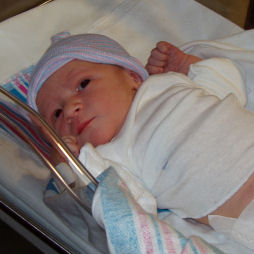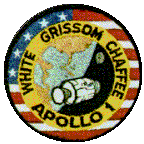As a student of this period you will know that in reality it was far from romantic. At one point the life expectancy of a pilot was measured in days rather than weeks. They had no parachutes as the higher authorities in their wisdom suspected them of abandoning their aircraft instead of fighting, virtually accusing these brave men of cowardice. Many pilots carried a revolver to use on themselves if the aircraft caught fire as it very often did when hit. This must have been a terrible death.
Oh, it was very far from romantic-but thats how it is percieved today and when I was very young, thats how I thought of it (and how my original interest was originally created). If I remember right, the only people who were allowed to have parachutes were the operators of observation ballons (since they really couldn't defend themselves). The thought of not allowing pilots to have parachutes always bothered me, but I suppose it seemed like the right idea at the time.

I wasn't aware that pilots carred pistols to use on themselves if their plane caught fire-I guess I learn something new everyday, but it doesn't supprise me. The only things I had heard about was pilots jumping out of their planes and falling to their death instead of burning. An American ace who volunteered and joined with the French early in the war (Raoul Lufbery) met a simular end. His Nieuport fighter caught on fire and witness saw him jump from his plane (trying to land in a nearby river as his altitude wasn't very high)-unforunately he missed the river and was killed when he hit the ground.
I have read that the pilots llife expectancy was measured in days not weeks. But, this is not only attributed to aireal combat. During WWI, many were killed due to accidents and structural failure due to bad design. I have read different statsticts on this and some say that as many people were killed by accidents and alike than were killed in combat (I don't know if I believe that is true) but there were many more accidents that most people realize.
He regarded aerial warfare as an extension of his love of hunting. He's the only combat pilot I've read about who kept a tally of his kills, took trophies to hang up in his home & had silver cups made to celebrate them.
In a book I have titled
Aces High by Alan Clark (a good book with lots of picutres ;D) which has a lot of interesting information about the aces. It has a quote by von Richthofen which I thought showed his true feeling about aireal combat, he stated that "When I have shot down an Englishman my hunting passion is satisfied for a quarter of an hour." To me, this shows that he looked at if as he was hunting an animal.
He also went souvenir hunting after he had shot down the a plane. Really, the only notable kill he ever had was when he shot doen a British ace named Lanoe Hawker early in the war (von Richthofen flying a Albatros D.II and Hawker flying a DH.2-I wonder who had the advantage

). Anyway, this was the first plane he got one of these "souvenirs" from, he went out and found the wreck and took the machine gun from it and hung it above his door. He claimed he did it because of the great fight Hawker put up (like if it was sport) but I think it was just a trophy. Here is a photo of his living quarters (out of the same book). Notice the serial numbers from planes on the wall and the light.

This is another misconception, especially in the US. Baron is a long way down the list of Royalty. I would describe him as an insignificant member of the lower aristocracy. What we would call an "upper class twit" in this country.

Yeah, I think I chose the wrong word to discribe his status. I was looking for for a more noble meaning than royality. But, I do agree that most people in the United States think he was the son of the king or something simular.

Well, this is becoming a fun discussion. I look forward to discussing this more...but if I don't leave now I'll be late for my first day of school.


 .....)
.....)












